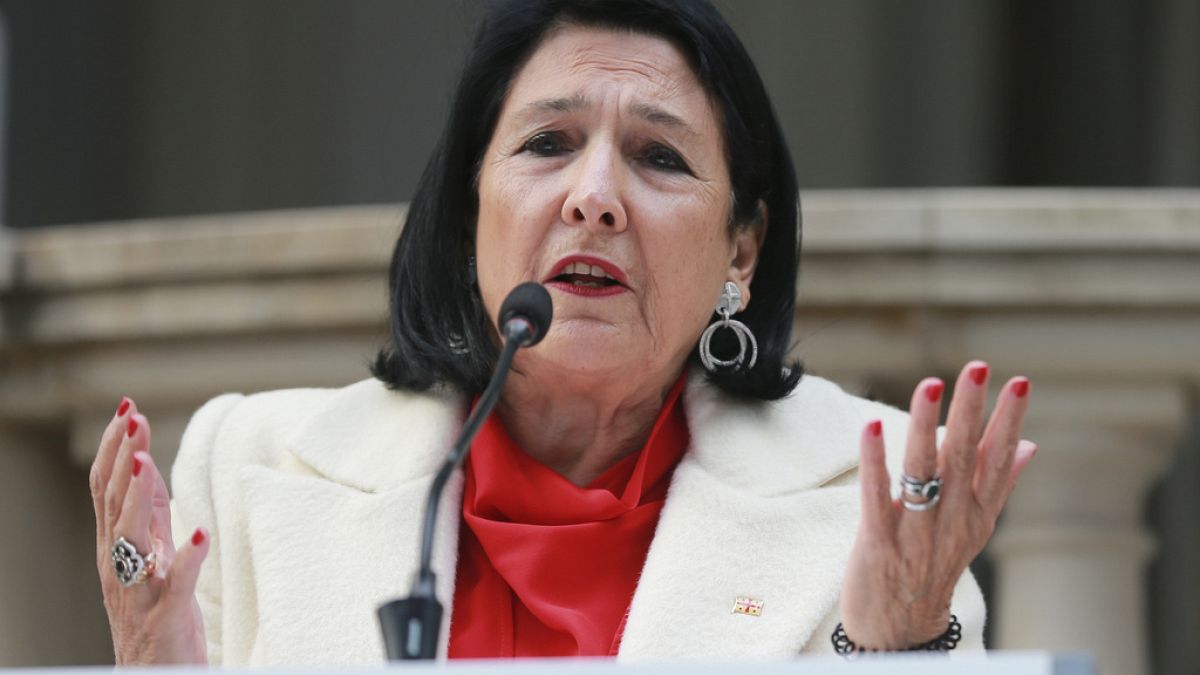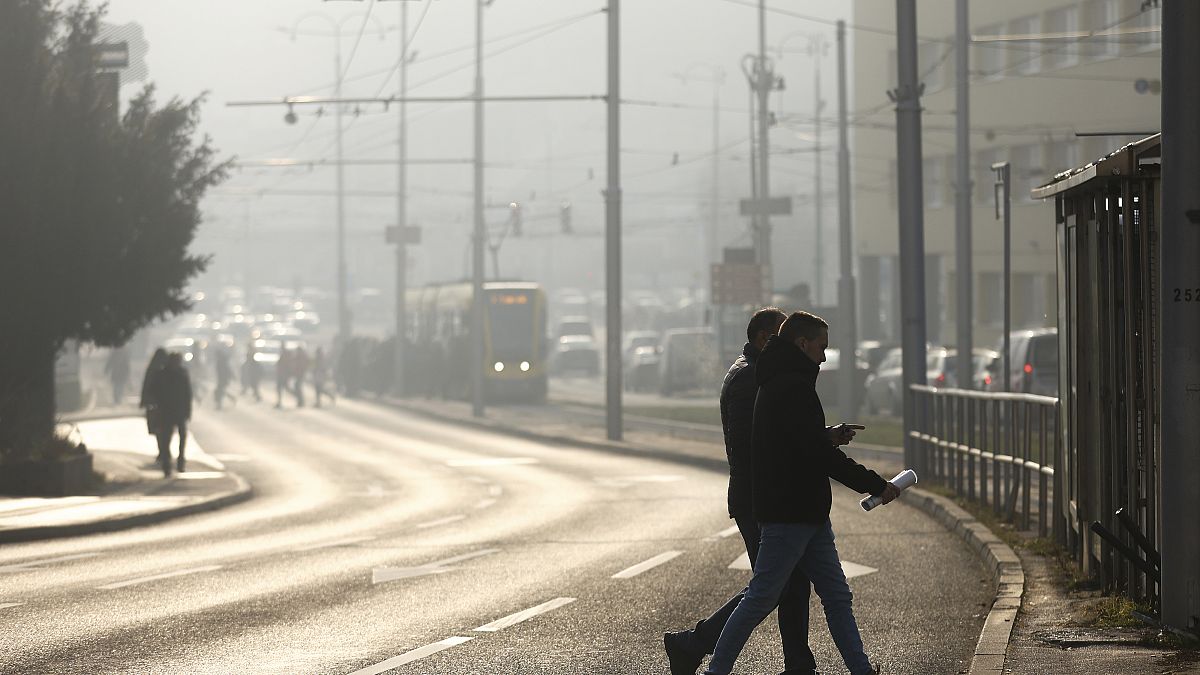Film of the Week: ‘Three Kilometres to the End of the World’

A well-observed and brilliantly acted indictment of homophobia and fundamentalism in rural Romania, which shows that while the decriminalisation of homosexuality can be enshrined by the law, hostile attitudes and tyrannous religious beliefs prevail.
Winner of the Queer Palm at this year’s Cannes Film Festival and recently selected to represent Romania for Best International Feature Film at next year’s Oscars, Emanuel Pârvu’s Trei kilometri până la capătul lumii (Three Kilometres to the End of the World) shows that the actor-turned-director is one of the brightest stars of the new wave of Romanian filmmaking.
His latest film, following 2017’s Meda Or The Not So Bright Side Of Things and 2021’s Mikado, is a gut-wrenching drama that makes for an ideal double-bill with Eugen Jebeleanu’s Poppy Field (2020) in the way Pârvu tackles oppression linked to homophobia in Romania – a member of the European Union which decriminalised homosexuality more than 20 years ago.
However, laws don’t necessarily change attitudes and tyrannous religious beliefs – especially in small communities.
Set in Sfântu Gheorghe, a conservative Danube Delta community, the film follows 17-year-old Adi (Ciprian Chiujdea) who is spending the summer in his home village.
One night, he sustains severe injuries after being beaten up on his way home from a nearby night club.
Pressured by Adi’s father (Bogdan Dumitrache), who demands a thorough investigation, the local police chief (Valeriu Andriuţă) discovers that two of the assailants are the sons of wealthy local kingpin Zentov (Richard Bovnoczki), to whom the father owes a sum of money.
The reason behind the attack is quickly uncovered: it wasn’t because the father’s debts, but because Adi was seen kissing another man, a tourist visiting from Bucharest. The revelation of the hate-crime completely shatters the family unit.
“City life twisted your head, boy,” and words like “disease” and “nightmare” are thrown about in conversation.
Adi is punished, as his sexuality is more damning than the vicious crime he was victim to. He is treated like a leper, locked inside his room, while his devout mother (Laura Vasiliu) seeks to “cure” her son with the help of the local priest (Adrian Titieni). The church elder wonders whether the Adi’s homosexuality may have been transmitted by the Covid vaccine, and is easily convinced by the distraught matriarch to perform an exorcism, which involves Adi to be forcibly tied up and gagged.
Whatever it takes, just as long as everything is kept quiet, lest “the word gets out, and the village is swarming with them…”
As you can tell, this tale of repression and denial is not a breezy watch.
Not that the aesthetics would warn you: shot in widescreen, the wide-open spaces of the isolated community, which can only be reached via boat, contrast with the closed minds and doors of the community. The meticulously composed long takes and the lack of a soundtrack, with only the sounds of nature accompanying Adi’s plight, add to the conflicting juxtaposition. While the sounds of rustling trees imply a vast sense of tranquility, the beauty of nature’s landscapes clashes with the frequently gruesome reality of prevailing attitudes within claustrophobic village life.
After only two films behind the camera, Pârvu confidently plays with this disparity, as well as elects to not show everything. We don’t see the gay bashing or the tenderness between Adi and his lover – minus an intimate moment between the two when the latter sucks Adi’s hedgehog-pricked finger. These purposeful omissions, as well as the pitch perfect naturalistic performances, make the aftermath of the assault more upsetting, as we perceive things from the village’s point of view. By doing so, Pârvu makes the viewer recognise that any acts of love are fragile and threatened by a system that will do anything to preserve a sinful but comfortable status quo outside of the broader Romanian state.
As the runtime progresses, Pârvu and co-screenwriter Miruna Berescu’s deftly explore the mechanisms of this systematic corruption, and manage to inject palpable tension within their portrait of reactionary conservatism at the heart of rural Romania. Certain scenes will have you clenching your fists with anger at the shameful bureaucratic machinations of amoral institutions. Whether they’re judicial or religious, the same language is used in extended dialogue scenes to expose how words and values lose all meaning when it suits a community keen on maintaining its patriarchal standards.
As much as Three Kilometres to the End of the World doesn’t offer much hope, the arrival of an investigator (Alina Berzunteanu) from Children’s Services represents a glimmer of optimism – especially when she interrogates the priest.
“You can believe whatever you want, but you can’t do whatever you want,” she dryly tells him.
Her efforts, however, are thwarted at every turn as a cover-up is executed by every authority in the village.
As well-observed as this indictment of homophobia and fundamentalism is, the film curiously doesn’t give the audience much when it comes to Adi’s perspective. We do witness his emotional and physical trauma, but by the time the credits roll, the young man is only presented as a victim. Perhaps a necessary omission in order to convey how engrained stigma stifles any sense of humanity. In this sense, Three Kilometres to the End of the World is not a journey of self-discovery, but more a tale of survival.
Adi’s fate remains open and while the closing shot implies a happy ending, there is a clear distinction to be made between escape and exile. Once more, Pârvu doesn’t veer towards hope. Faith in a better future will only be suffocated as long as stubborn prejudices outweigh compassion.
Three Kilometres to the End of the World is out now in Romanian and French cinemas and continues its European rollout this year. It premiered at this year’s Cannes Film Festival and screened this month during the BFI London Film Festival and the Chicago International Film Festival.
World News || Latest News || U.S. News
Source link



